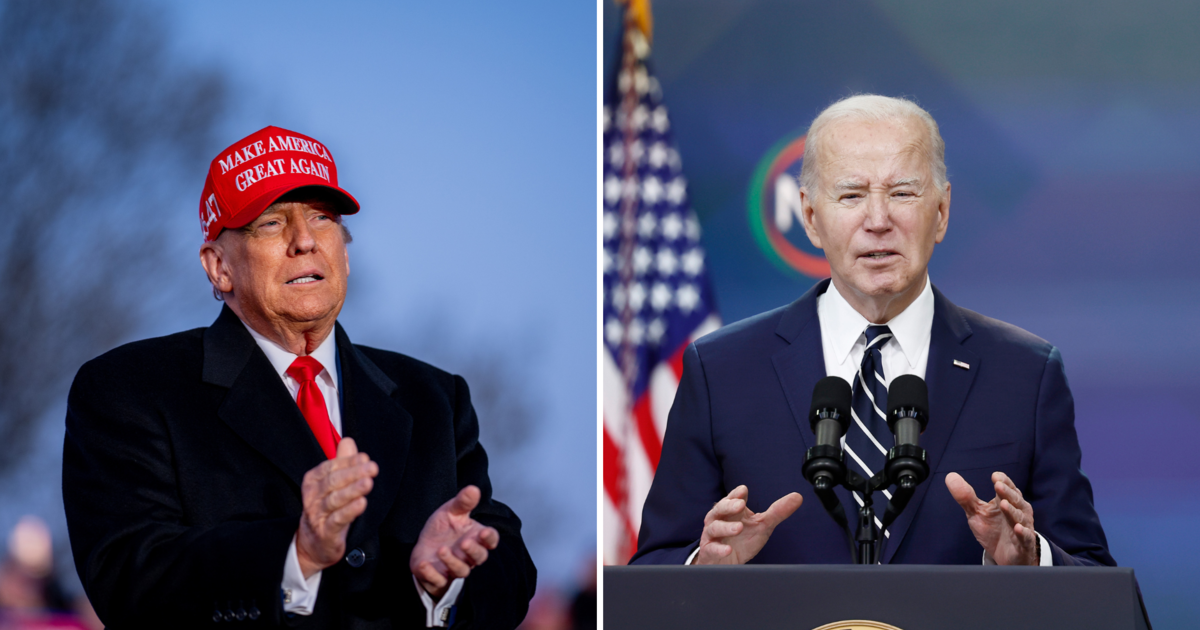Good Question: How Does A Contested Convention Work?
MINNEAPOLIS (WCCO) -- After losing the Ohio primary Tuesday night, there's talk Donald Trump might not get the majority of delegates he needs to clinch the Republican nomination. If that happens, it'll mean a contested convention when Republicans meet in Cleveland this summer.
So, that has Jim from Inver Grove Heights asking: How does a contested convention work? Good Question.
Usually, a nominee wins the 50-percent-plus-one delegates during the primary and caucus season making the delegate vote at the political convention somewhat ceremonial. But if no one takes a majority of delegates, that delegate vote takes on a new meaning.
"When you think about it, we have a nutty presidential selection process," Hamline University political science professor David Schultz said.
At a convention, the first ballot generally requires most delegates to vote according to how they're pledged. That means most states require delegates to vote according to the results of the their state's primaries or caucuses.
But if no one candidate wins a majority on that first vote, the delegates vote again. The second vote turns the convention from contested to brokered.
During the second vote, delegates are generally freed up to vote for whomever they want. They can vote for the person they pledge, they can switch and sometimes they can vote for someone who isn't even on the ballot. At that point, many of the rules in place are temporary and can be changed.
"Let's say it goes to a brokered convention -- there's nothing at the end of the day that prevents a Jeb Bush from getting the nomination," Schultz said.
The last brokered convention was the 1952 Democratic race when it took three rounds of voting to nominate Adlai Stevenson.
Delegates have to keep voting until one candidate wins a majority of delegates.
"It's all wheeling and dealing at this point," Schultz said.
Another likely scenario, according to Schultz, would be the party trying to avoid a brokered convention even if Trump doesn't win the majority of delegates. In this situation, if one of the candidates was close to a majority, the unpledged delegates could push him over to the majority.
That's what happened in 1976 when Gerald Ford won the nomination over Ronald Reagan.



